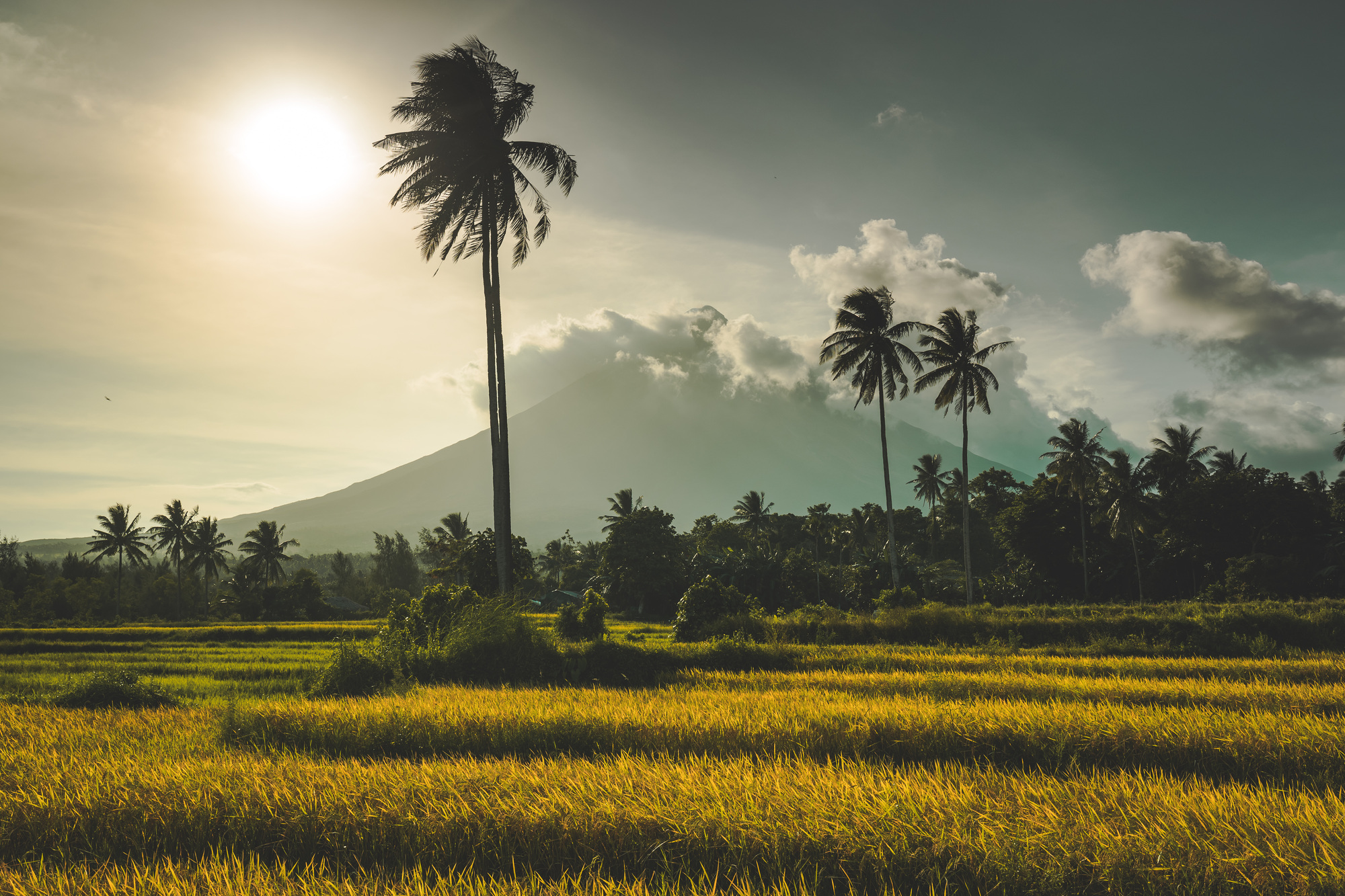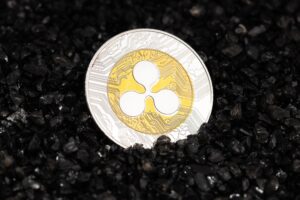Indonesia’s palm oil industry is facing a pivotal moment as the government plans to implement a significant increase in export levies starting May 17, 2025. The proposed hike, raising levies from the current 3%-7.5% to 4.75%-10%, aims to fund biodiesel blending and replanting initiatives. However, the move has drawn sharp criticism from the Indonesian Palm Oil Association (GAPKI), which warns that the increased levies could undermine the competitiveness of Indonesian palm oil in the global market.
Industry Concerns Over Competitiveness
GAPKI has expressed concerns that the levy increase could place Indonesian palm oil at a disadvantage, especially as global trade dynamics shift. The association highlights that the United States is considering imposing steep tariffs of 32% on Indonesian palm oil, compared to 24% on Malaysian oil. Although these tariffs are currently on hold until July, the potential for increased trade barriers adds to the industry’s apprehension.
Furthermore, GAPKI points out that Malaysia’s current export duty is set at 10% for May, suggesting that Indonesia’s planned levies could erode its price competitiveness in key markets. The association urges the government to delay the levy hike to prevent potential market share losses.
Government’s Rationale and Response
The Indonesian government justifies the levy increase as a necessary step to support its biodiesel program and fund replanting efforts aimed at sustaining long-term production. Finance Minister Sri Mulyani Indrawati has indicated plans to adjust the crude palm oil export tax separately to mitigate the impact of potential U.S. tariffs. However, there has been no immediate response from government ministries to GAPKI’s appeal for a delay.
Global Trade Tensions and Market Implications
The palm oil industry is navigating a complex global trade environment, with rising protectionism and shifting alliances influencing market dynamics. The potential imposition of U.S. tariffs on Indonesian palm oil adds uncertainty, as does the ongoing tension between India and Pakistan, which GAPKI notes could dampen demand from both nations.
These factors contribute to a challenging landscape for Indonesian palm oil exporters, who must balance domestic policy changes with external market pressures. The industry’s ability to adapt to these evolving conditions will be critical in maintaining its position in the global market.
Looking Ahead
As the May 17 implementation date approaches, stakeholders in Indonesia’s palm oil sector are closely monitoring the government’s actions and potential responses from international trading partners. The outcome of this policy shift will have significant implications for the industry’s future competitiveness and its role in the global agricultural economy.








